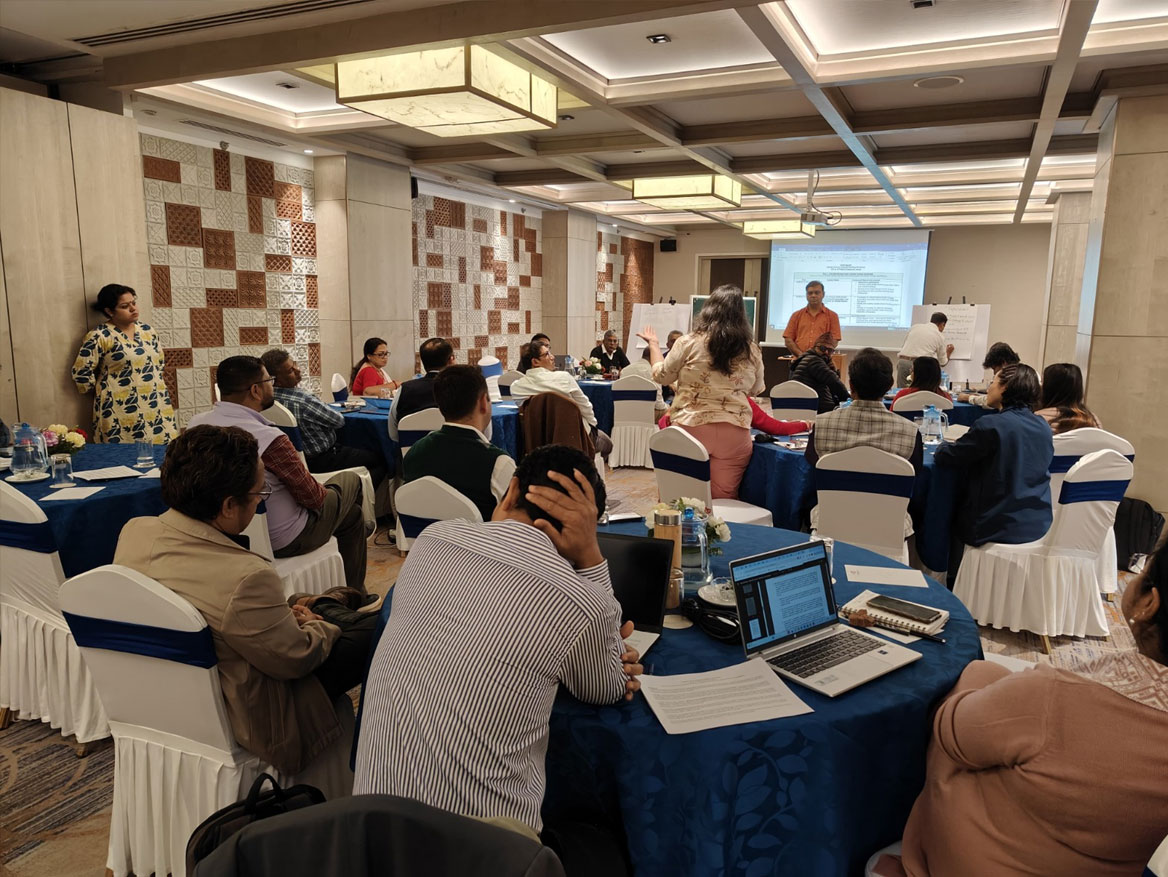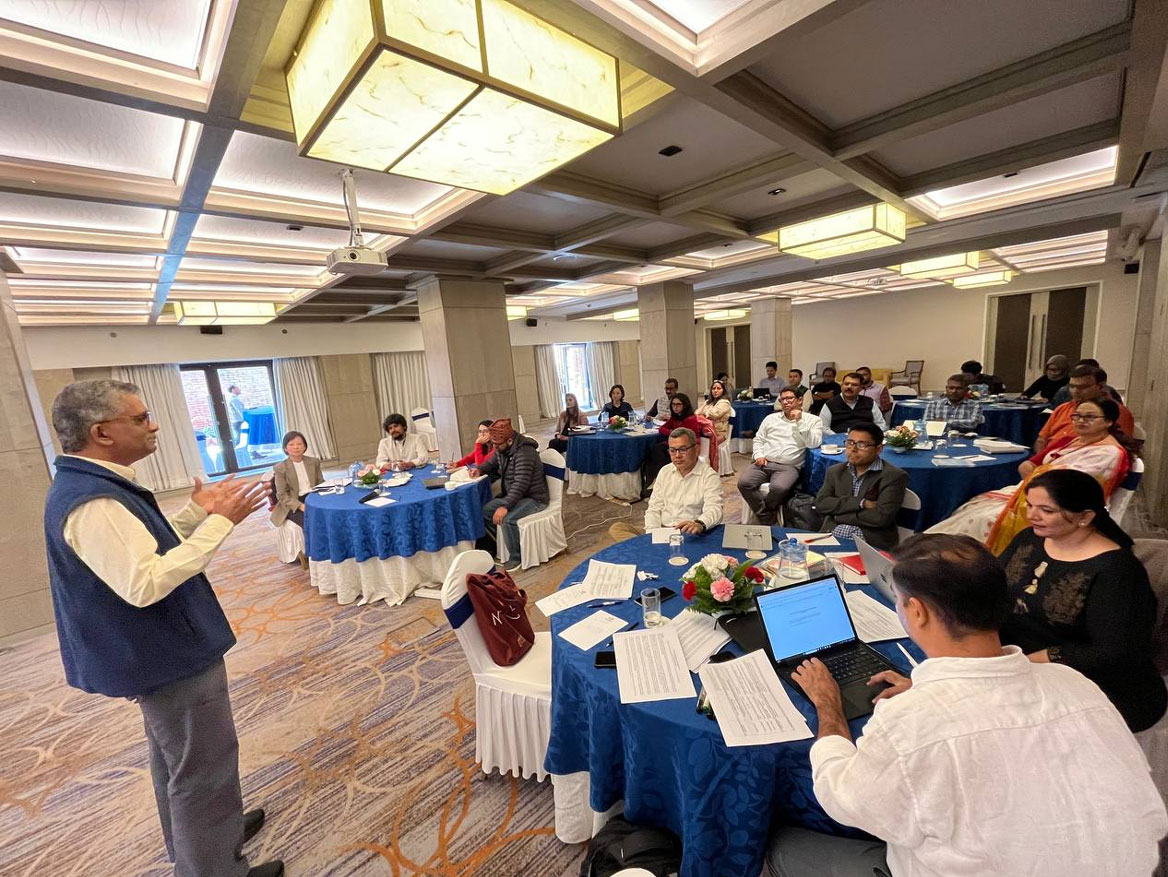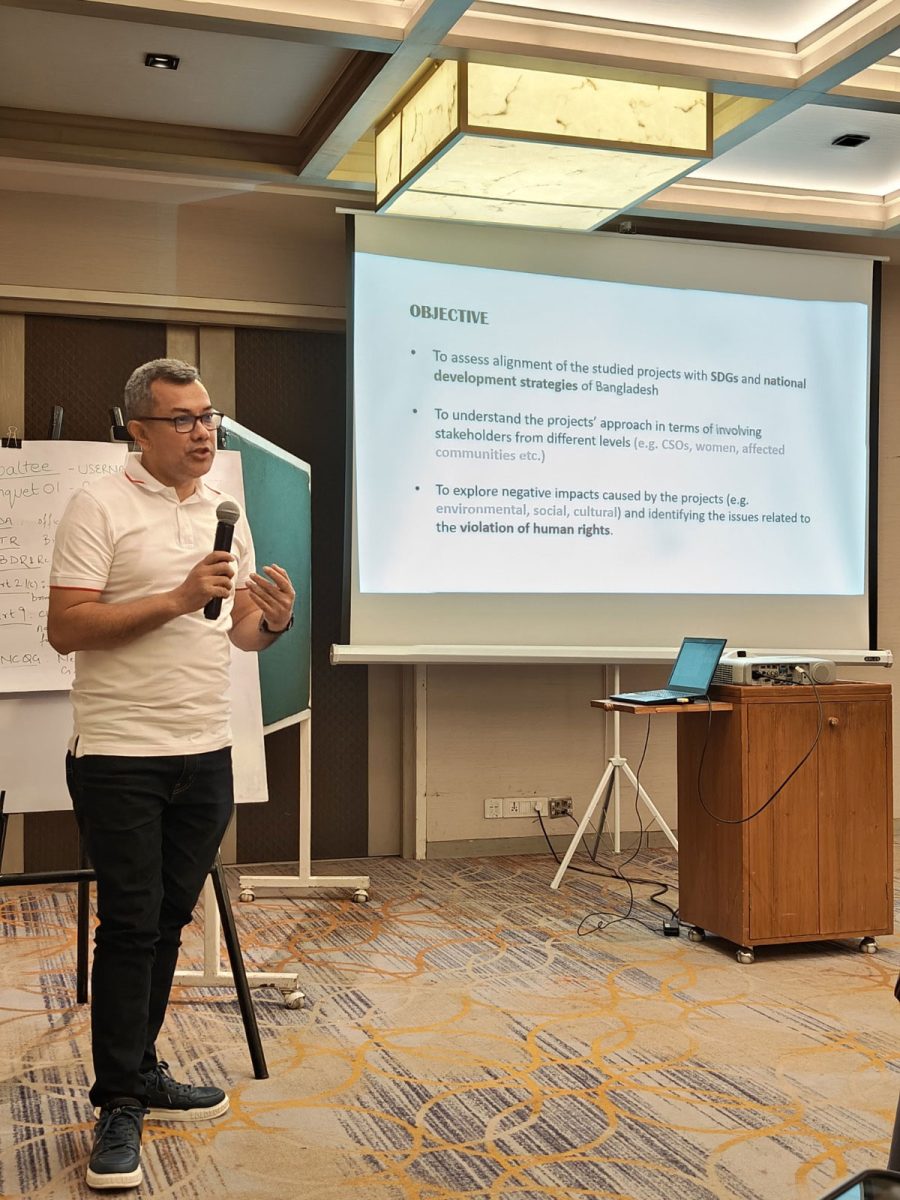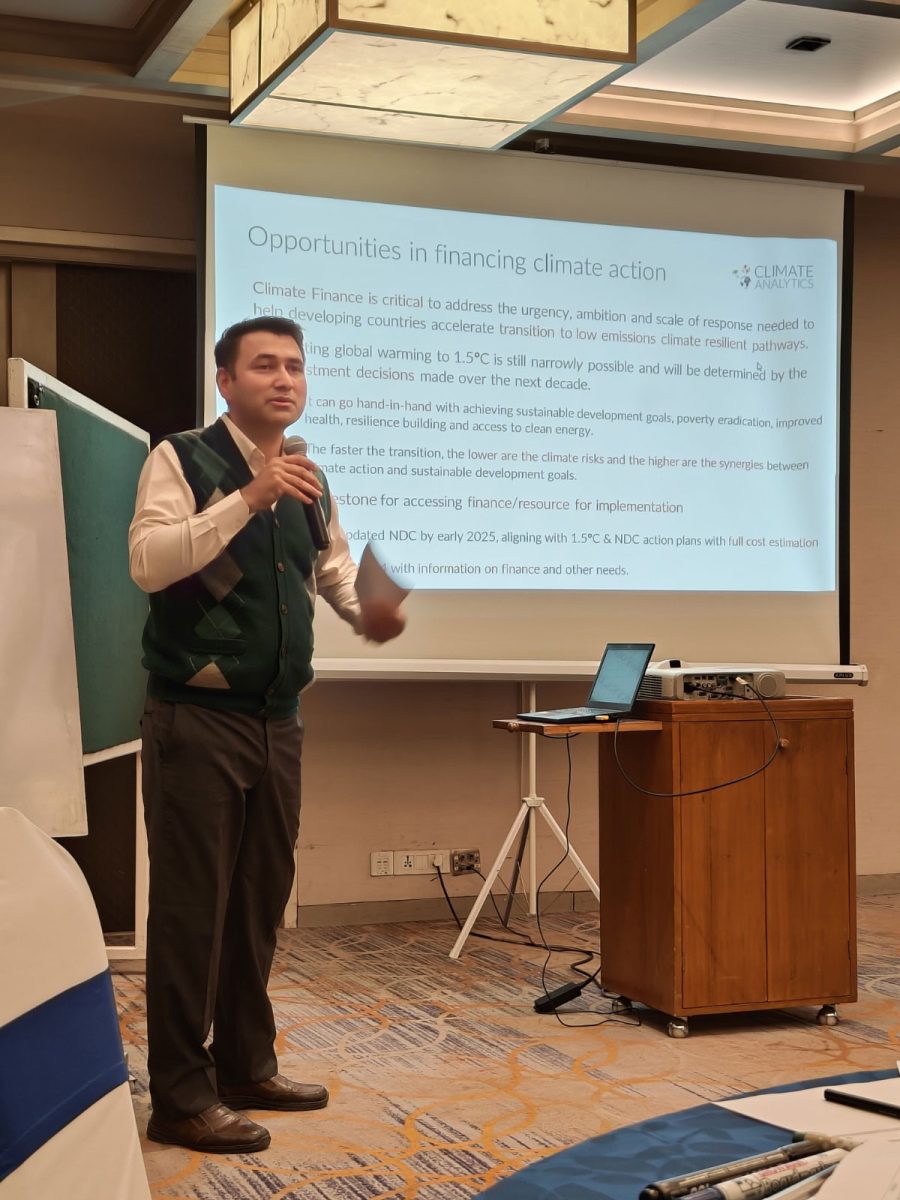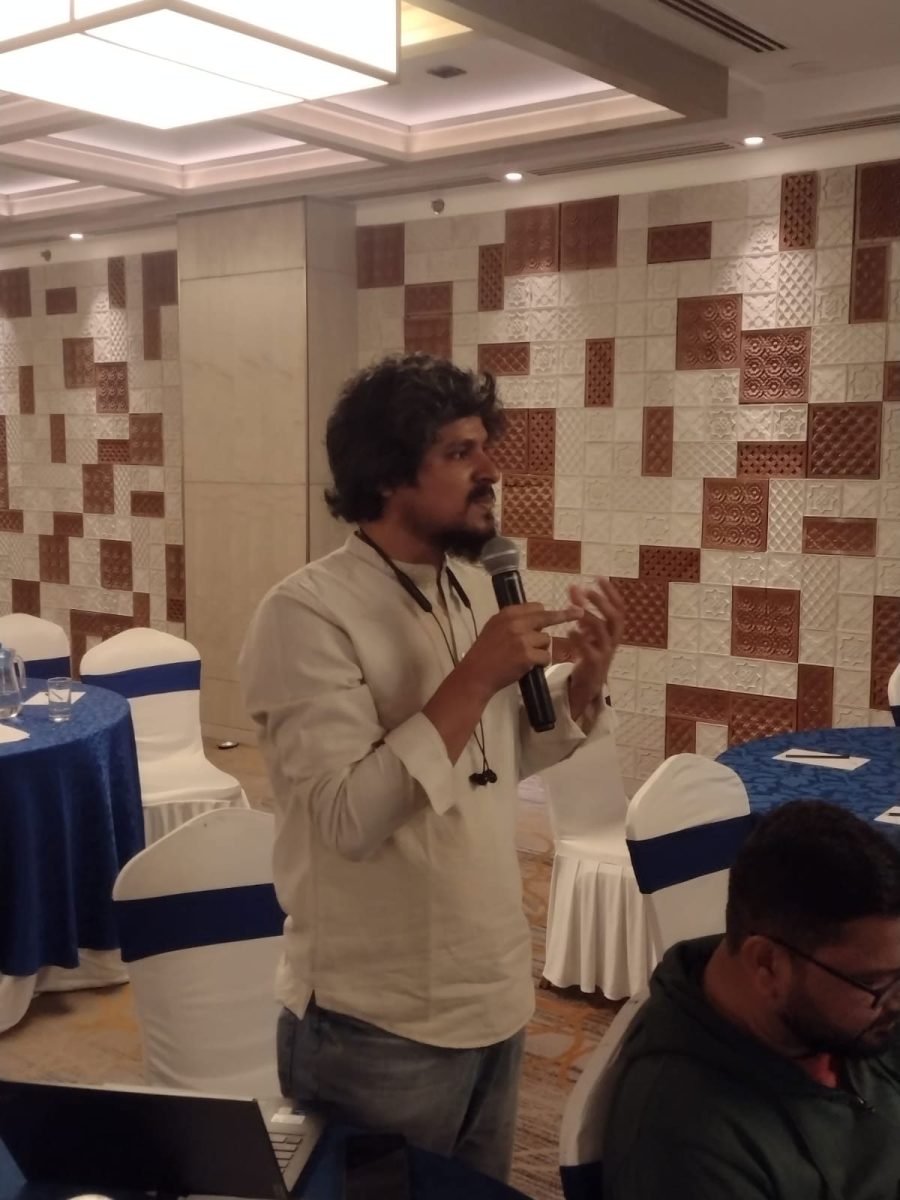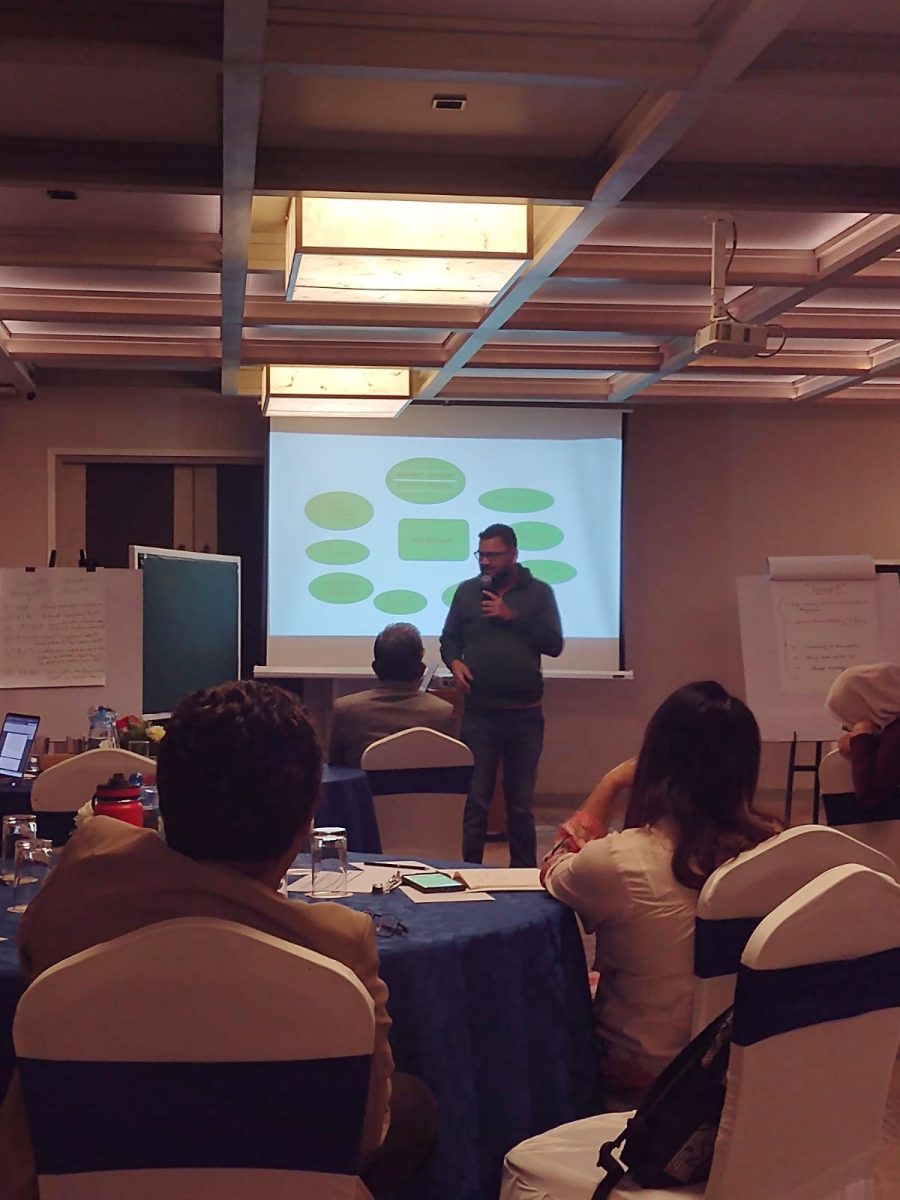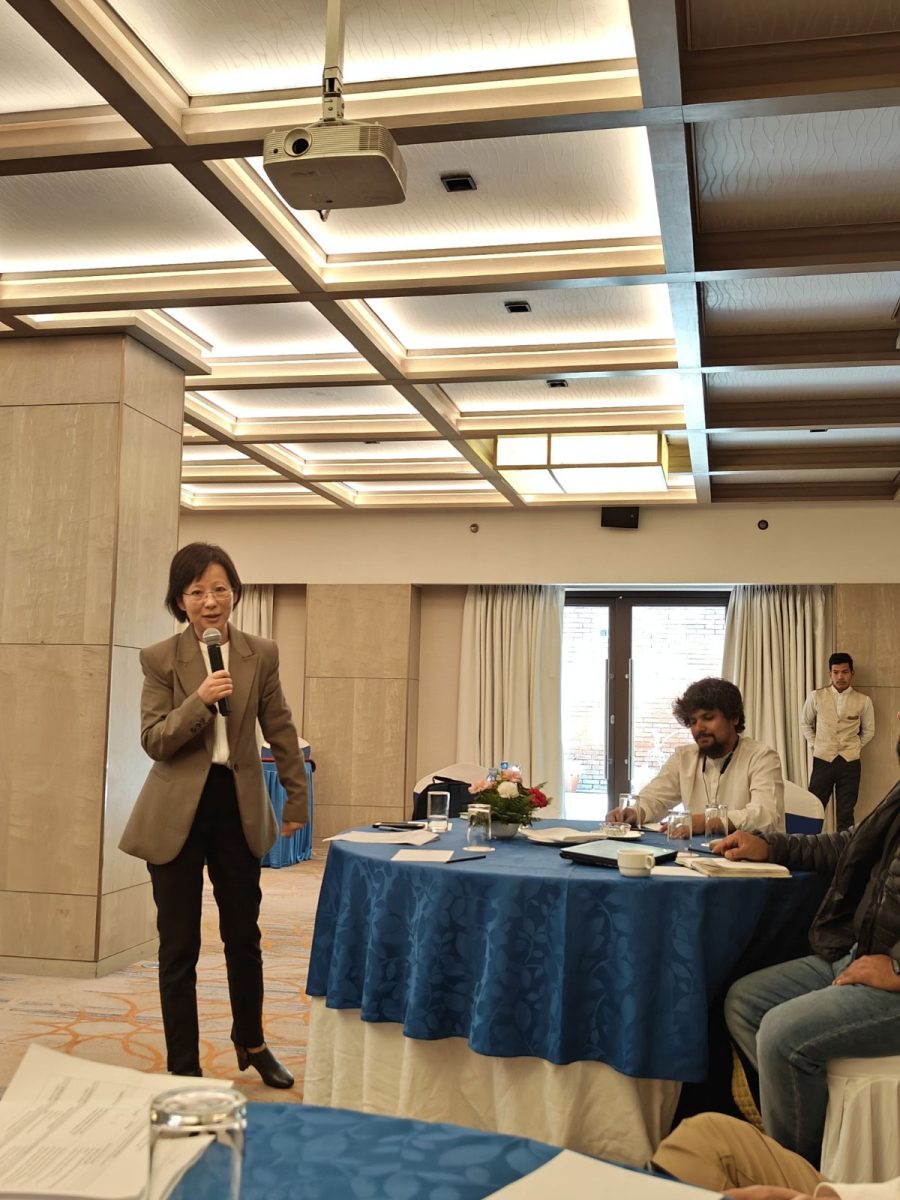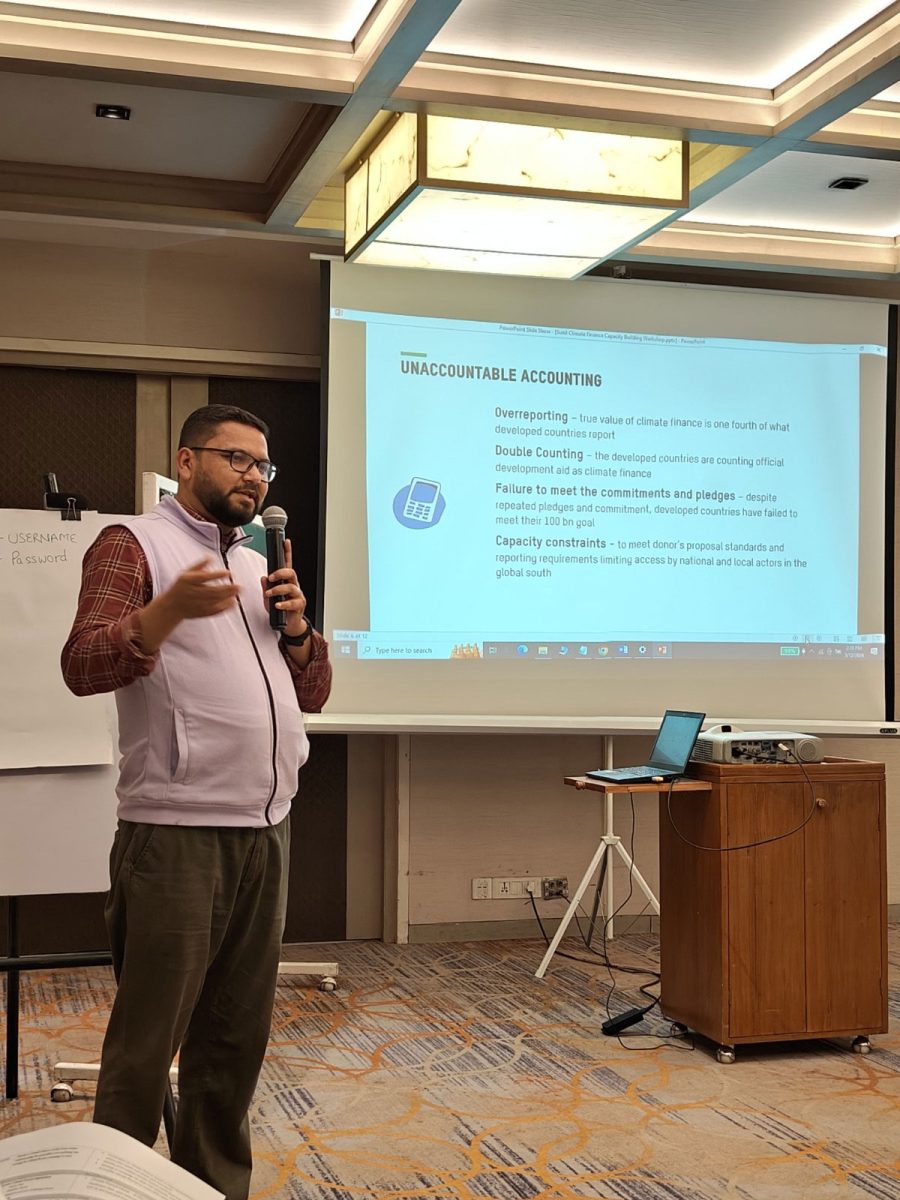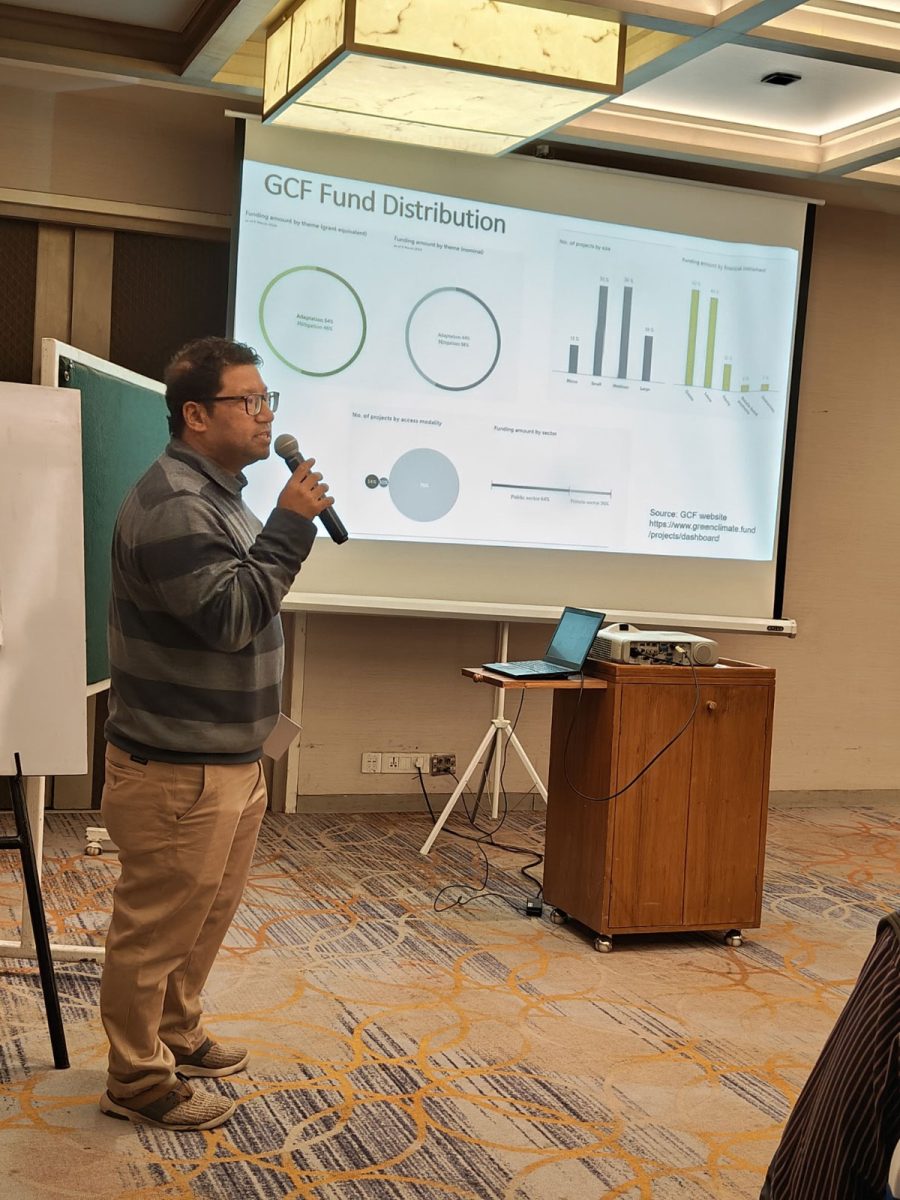Climate Finance Capacity Building Workshop
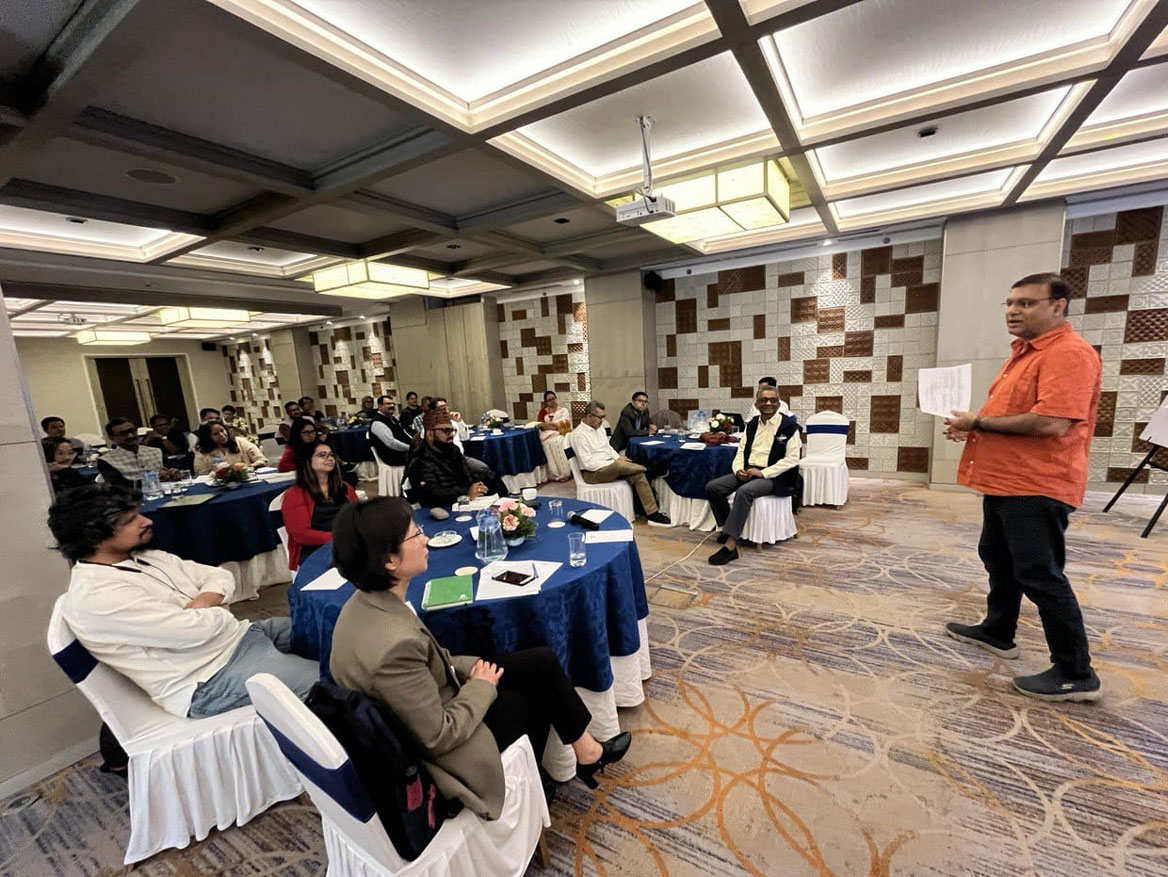

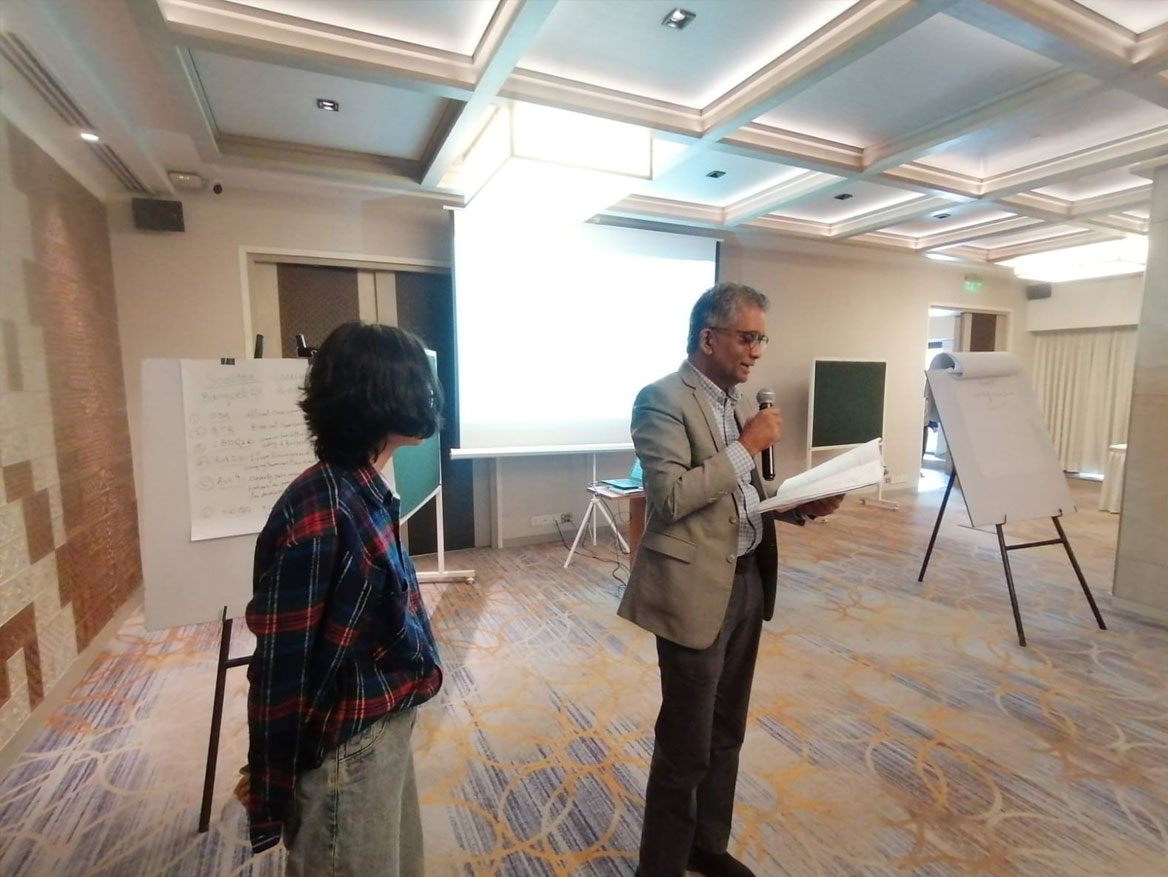
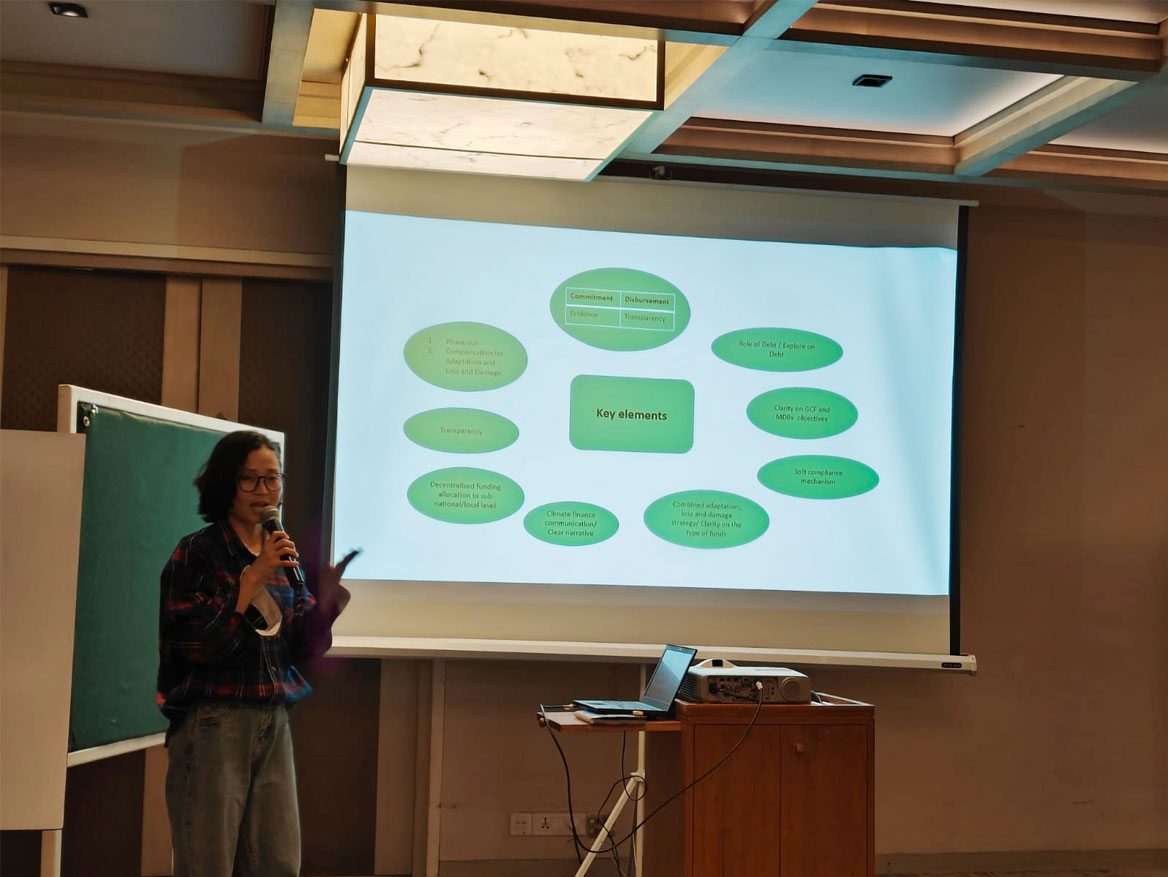
12th to 14th March Katmandu, Nepal
Organized by: Climate Action Network South Asia (CANSA) and Climate Action Network Southeast Asia (CANSEA)
Background
Recognising unequal historic responsibilities among nations/parties for rising global temperatures, a goal of jointly mobilizing USD 100 billion dollars a year by 2020 was agreed as part of the Copenhagen Accord of 2009 at the 15th Conference of the Parties (COP15) to the United Nations Framework Convention on Climate Change (UNFCCC).
Although relatively fractional in comparison to the financial risks and costs incurred by climate change in developing countries, this target was considered important in symbolic terms, as one that could address the needs of developing countries by enabling and incentivising climate action while building trust, cooperation, and solidarity between global north and south. However, a decade and a half later, the rich nations are now three years overdue on their promise to mobilize $100 billion a year in climate finance for low- and middle-income countries.
To make matters worse, Oxfam’s ‘Climate Finance Shadow Report 2023’, the actual support they provide is much less than reported numbers suggest, and is coming mostly as debt that has to be repaid. While donors claim to have mobilized $83.3 billion in 2020, the real value of their spending was —at most— $24.5 billion. The $83.3 billion claim is an overestimate because it includes projects where the climate objective has been overstated or as loans cited at their face value.
Oxfam’s 2022 climate finance report for Asia showed that from 2013 to 2020, only USD 113 billion, or about USD 14 billion per year, in climate finance reached recipient countries in the region, woefully inadequate to cover even the lower end of their climate goals where the estimated needs are at least USD 1.1 trillion per year.
Furthermore, the climate finance delivered in the region was overwhelmingly in the form of loans and other non-grant instruments. Bilateral providers committed only 18% of their climate finance to the region through grants (USD 1.2 billion per year on average); the remaining 82% were through loans and other debt instruments (USD 5.4 billion per year on average).
By providing loans rather than grants, these funds are even potentially harming rather than helping local communities, as they add to the debt burdens of already heavily indebted countries —even more so in this time of rising interest rates.
International climate finance is required to offer essential support to communities and countries on the frontlines of climate change. The failure to meet 100 billion goal and the questionable use of self-serving generous accounting standards by developed countries has undermined trust in the climate talks and is having serious consequences in unlocking Climate Ambition among countries from global south. Thus, there is urgent action needed to restore trust and provide much-needed finance. Also, the ‘means of implementation’ in the form of adequate and predictable finance and technology transfer is the key to unlock ambition in developing countries by facilitating the long-term funded strategies through Nationally Determined Contributions.
While a few international NGOs have been demanding adequate finance on the sidelines of climate negotiations, there is an urgent and identified need for civil society organisations of South Asia and Southeast Asia to monitor and intervene to influence decisions being taken by multi-lateral banks and donor countries by proactively engaging with their respective and relevant ministries.
At COP 29 in Baku, Azerbaijan, parties will meet to set a new global goal on mobilizing climate finance from 2025 onwards. This is a chance to rebuild trust between rich and low- and middle-income countries. Climate finance providers should be massively scaling-up their efforts and be reporting climate financing on a case-by-case basis, highlighting the actual proportions channelled towards mitigation and adaptation. There is equally an urgent need for more grant-based financing for climate action, and less momentum toward loaning the money they have all promised to give.
It is vital now to build the capacity of NGOs from the global south with information, data and toolkits to monitor the movement of climate finance to ensure higher accountability and transparency.
Objectives
In the context of the above, CAN Southeast Asia in partnership with CAN South Asia are organising a 3 days workshop in Kathmandu from 12-14 March 2024 with the following objectives –
- To consolidate the understanding of why accountability and transparency is important in relation to climate finance and climate justice.
- Raise awareness of the NGOs to enhance the understanding on climate finance and their roles, including the role of CSOs;
- To provide practical guidance to CSOs on tracking climate finance, including Oxfam’s approaches and frameworks, and
- Co-create joint initiatives to strengthen climate finance accountability and transparency in Asia.
Outcomes
The workshop will aim to rebuild trust and will invest in essential elements of transparency, accessibility, and open available tracking mechanism of quantitative as well as qualitative aspects of climate finance made available from global north to south. The participants will be the group of experts who will serve as advocates, during the negotiations around New Collective and Quantified Goal on Climate Finance. The informed group of individuals will participate proactively in developing a position on climate finance within the Climate Action Network.
The workshop would cover the following components for building capacity:
- Climate finance refresher – background to why we demand climate finance and its importance for climate justice.
- Climate finance trends – at the global, South and Southeast Asia, and national level
- Range of stakeholders involved, and their roles, role of CSOs.
- Transparency and accountability trends in climate finance globally
- Examples and case studies of climate finance tracking initiatives
- Barriers and gaps in tracking climate finance, or climate finance analysis more generally
- Identification of strengths and challenges across CANSEA/CANSA, areas for collaboration, key training needs and opportunities
- Opportunities for influencing regional targets and the global climate finance processes.

